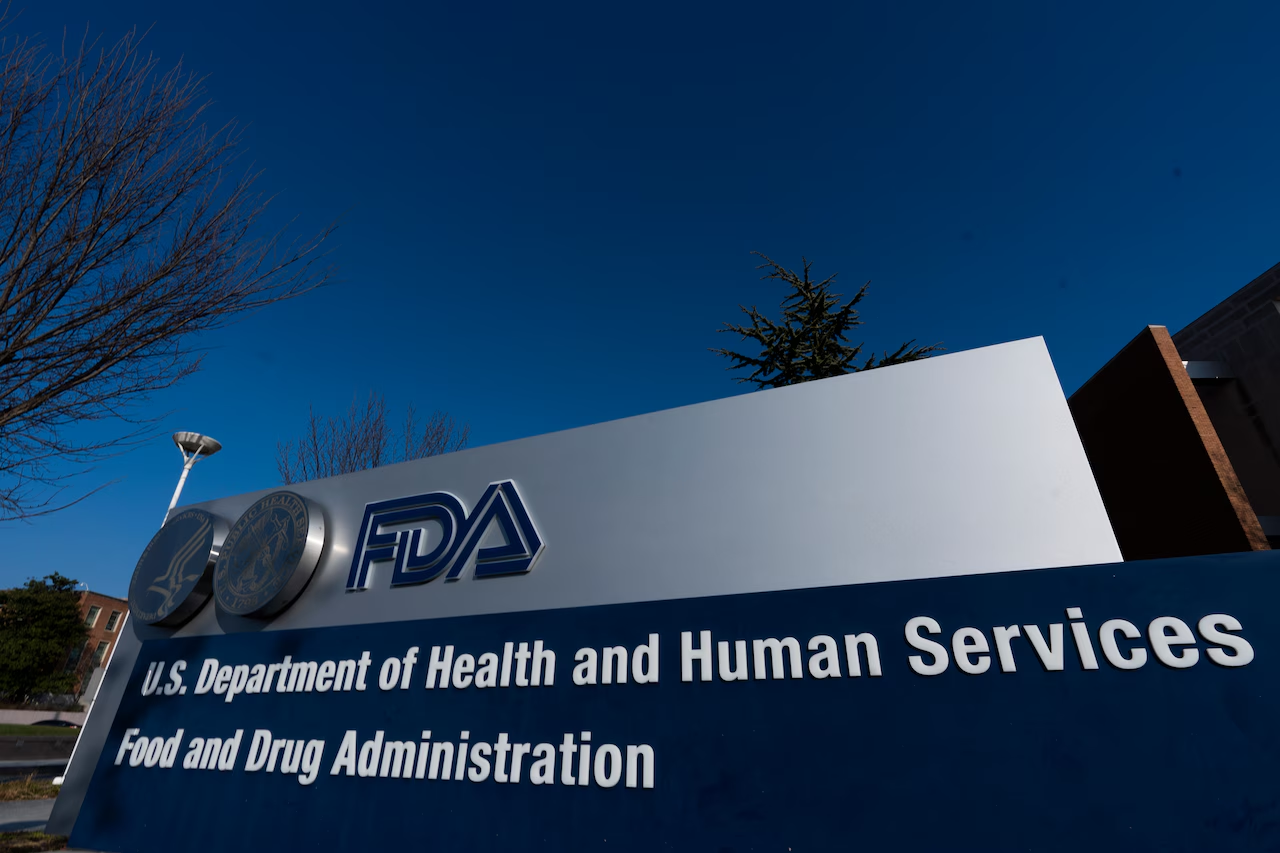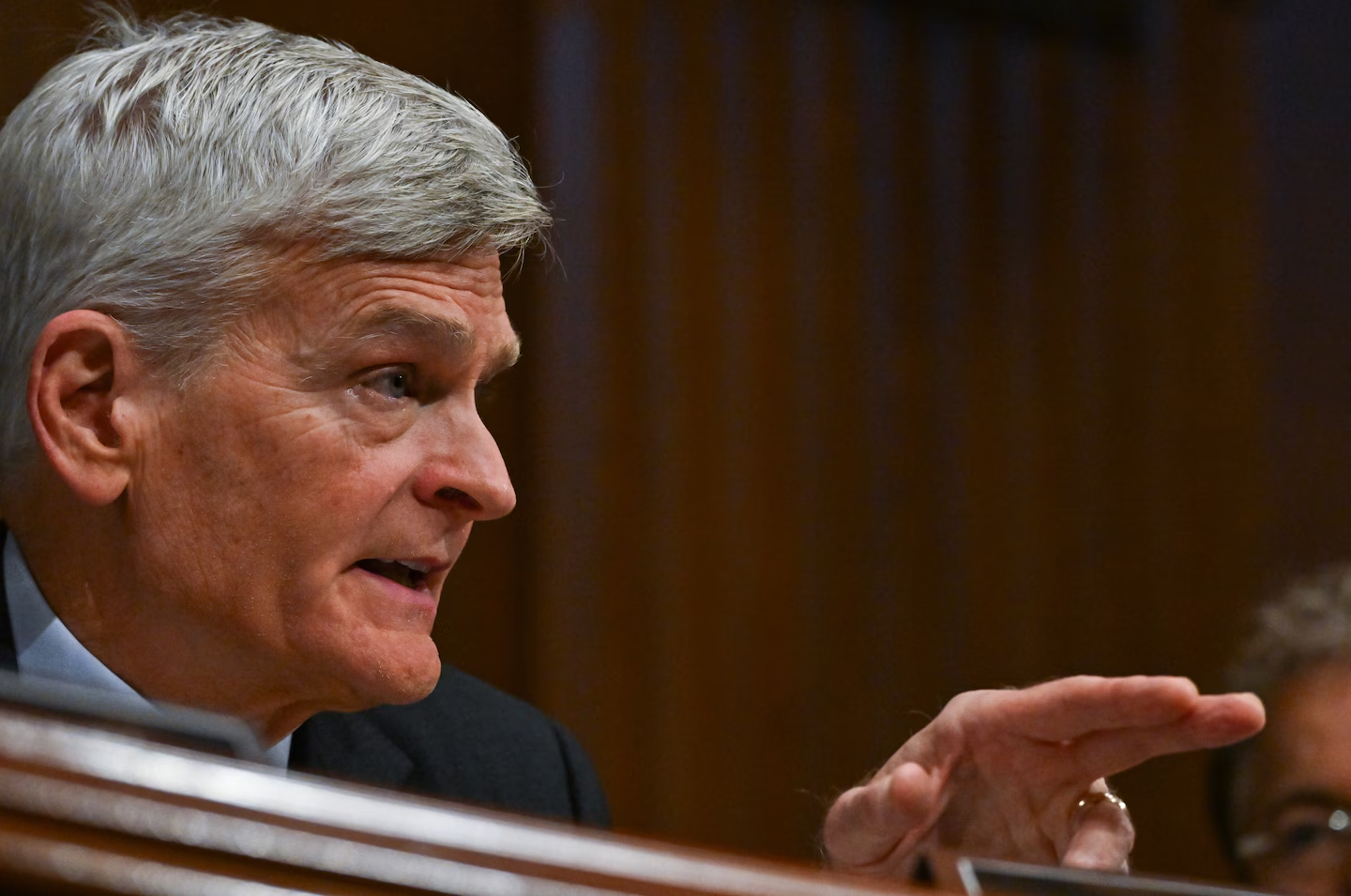A major shake-up is underway in U.S. vaccine policy. The Advisory Committee on Immunization Practices (ACIP), recently reconstituted under Health Secretary Robert F. Kennedy Jr., is expected this week to vote on removing—or at least delaying—the long-standing recommendation that newborns receive the hepatitis B vaccine shortly after birth.
What’s Changing & Why It’s Sparking Concern
- Currently, U.S. policy strongly recommends that infants receive their first dose of the hepatitis B vaccine on the day they are born. That standard has been in place for years. Under discussion now is whether to push that dose back until children are older—possibly around age four.
- Critics—including many pediatricians and former CDC officials—warn this change could undermine decades of progress in preventing infections passed from mother to child at birth. They point out that prenatal screening isn’t perfect, and delaying the vaccine could leave vulnerable infants at risk.
Who’s Making the Decision
- The vote will occur under the ACIP committee’s new membership. Earlier this year, all 17 previous members were dismissed, and many of the new appointees have expressed skepticism about certain vaccine policies or schedules.
- Among those raising alarm are former high-level public health officials who argue that delaying the birth dose could lead to increased transmission rates, especially in cases where mothers are unaware of their infection status.
Wider Implications
- Public health risk: Hepatitis B, if untreated, can lead to liver disease, cirrhosis, or cancer. Early vaccination has long been an essential prevention tool. Changing the policy could lead to upticks in infection, particularly among infants born to mothers who are carriers but were not screened or treated effectively.
- Vaccine confidence: Experts worry that shifting long-established guidelines without clear communication could erode trust. Parents may misinterpret the change as an indication that the vaccine is unsafe, rather than a policy adjustment.
- Cost and access considerations: The recommendation feeds into large federal programs that fund vaccine delivery—any major change could affect insurance coverage, vaccine supply, and how clinics vaccinate newborns.
What to Watch Next
- The precise wording of the motion before ACIP: whether they will remove the recommendation entirely, delay it, or modify it (for instance make it optional under certain conditions).
- Reactions from pediatricians, obstetricians, infectious disease experts, and public health bodies—particularly how they vocalize support or opposition, or mobilize to preserve current birth-dose policy.
- What data ACIP will rely upon: infection rates, maternal screening accuracy, cost-benefit analyses, international precedents.
- Whether new guidelines will include provisions for infants at higher risk (e.g. born into communities with high hepatitis B prevalence) and what follow-up or catch-up vaccination strategies will be recommended.
Conclusion
What may seem like a technical policy shift in vaccine scheduling could become one of the more consequential public health decisions in recent years. The hepatitis B vaccine at birth has been a mainstay in preventing early childhood and perinatal infection. Changing that standard now, especially with a panel that has been restructured with members aligned with more critical views of vaccine mandates, will test how much science, politics, and public trust intersect in U.S. health policy.












Leave a Reply